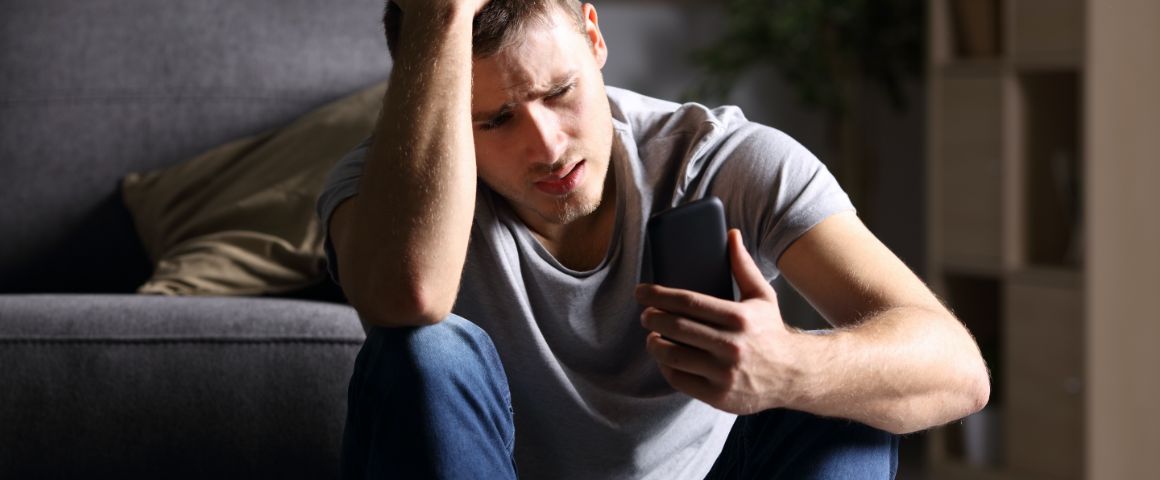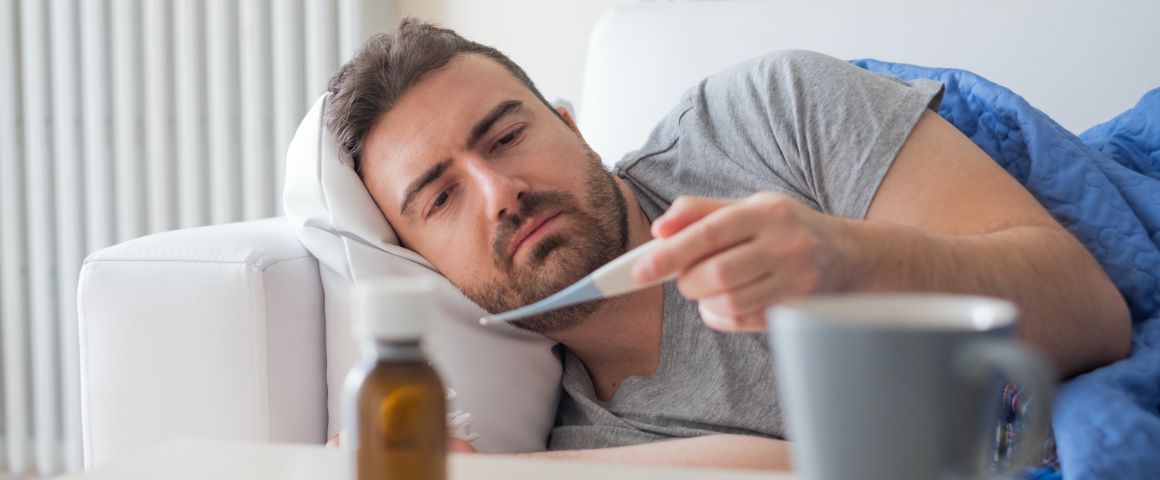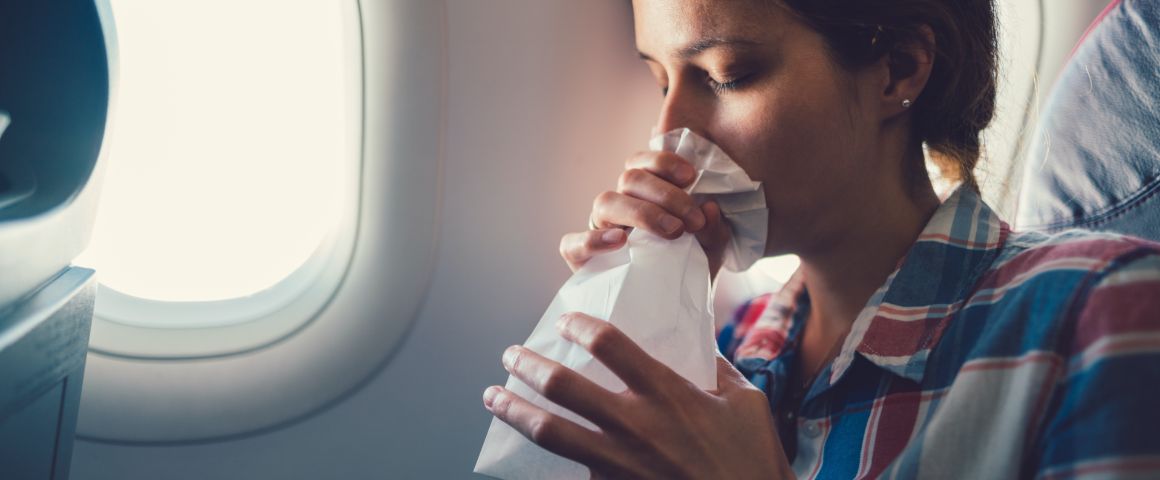Have you been feeling less hungry lately or having trouble sleeping? It might be an early sign of depression. Unfortunately, there’s a widespread taboo around having depression despite its common occurrence in our society, and often, it can be challenging to know when you’re experiencing it. For example, did you know that over 7% of adults and children (over 12) have experienced depression within a two-week period? If you are experiencing symptoms of depression, it might be time to visit a primary doctor of your choice in person or through Sniffle.
Symptoms of depression include:
- Difficulty concentrating
- Feeling overly tired
- Having self-doubts and feeling insecure
- Feeling hopeless and restless
- Loss of interest in everyday activities
- Overeating or undereating
- Persistent pain, cramps, or aches
- Ongoing digestive issues
- Sad, anxious, or empty feelings
- Suicidal thoughts or attempts
If you are experiencing suicidal thoughts, dial 911 or call the Suicide Prevention Hotline to get immediate help.
If you experience some of the symptoms above, you are probably not 100% sure if you have depression or are dealing with other medical conditions that can mimic depression. The conditions that mimic signs of depression include:
- Low blood sugar
- Anemia
- Vitamin deficiencies
- Hypothyroidism
- Calcium/electrolyte unbalance
- Kidney problems
- Liver problems
- Side effects of other medications
- Structural brain diseases (less common)
- Side effects of substance abuse
How can you determine if you have depression? The first step is to see a primary doctor in person or through Sniffle. Your doctor can assess your condition and refer you to the appropriate mental health professional. Your primary doctor will ask you questions like the following to determine your medical condition:
- For how long have you been feeling down or sad?
- How are you sleeping?
- How is your appetite?
- How are your energy levels throughout the day?
- How is your concentration?
- Have you had any suicidal thoughts?
Once a primary doctor has ruled out other conditions, they can refer you to a mental health professional. Sometimes, if the dosage prescribed by your primary doctor does not help, your doctor will directly refer you to a psychiatrist. A primary doctor can also prescribe you your first dosage of antidepressants before your first appointment with your mental health professional. A psychiatrist will further access you and can set a longer-term treatment plan for your condition, if necessary. If further counseling assistance is needed, your primary doctor will refer you to a psychologist.
Can you use Sniffle to contact a doctor of your choice if you are experiencing symptoms of depression?
Yes! If you are experiencing symptoms of depression, you can speak to a primary doctor of your choice through the Sniffle app. Your doctor will evaluate your symptoms and prescribe you treatment or refer you to a mental health professional. If you are experiencing suicidal thoughts, dial 911 or call the Suicide Prevention Hotline to get immediate help. Getting professional help is the first step to overcoming depression and getting your life back. By using Sniffle, getting in touch with doctors is now easier and more accessible. Download the Sniffle app today to get started!








